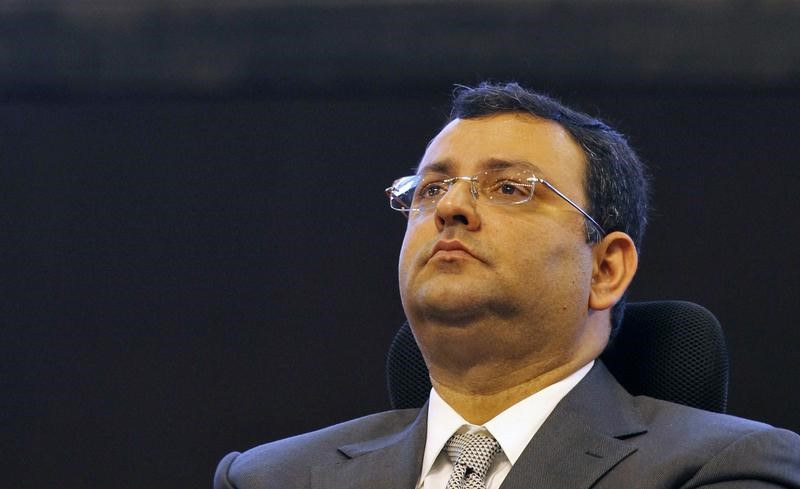By Abhirup Roy and Euan Rocha
MUMBAI (Reuters) - The bitter boardroom battle at the heart of Tata Sons [TATAS.UL] has put a spotlight on the vulnerability of India's independent company directors who stand-up to, or take on a dominant shareholder.
Tata Sons is not only fighting former chairman Cyrus Mistry, who has complained of mismanagement and corporate governance failures within the company, but is now also trying to oust Nusli Wadia - one of the group's most fiercely vocal independent directors - after he publicly backed Mistry.
While Mistry has resigned from all listed Tata entities, Wadia was removed from the board of Tata Steel (NS:TISC) on Wednesday. Tata Motors (NS:TAMO) and Tata Chemicals (NS:TTCH) will vote on Wadia's ouster on Thursday and Friday.
Such corporate infighting is not rampant in India, but the latest events could set a dangerous precedent, suggesting an urgent need to relook at the role of independent company directors in the country, experts say.
"What is at stake right now is not an independent director. What is at stake is the independence of independent directors," said L. Iyer of LVV Iyer & Associates.
"If independent directors are under constant threat of being removed ... why would they act in an independent manner?"
In developed markets such as the United States and the United Kingdom, independent directors are relatively protected as shareholdings are much more diffused. But in India, listed firms are dominated by a major shareholder, making it easier for the latter to stamp out dissenting independent voices.
Of the 1,594 listed and actively traded firms on India's main bourse, some 88 percent have dominant shareholders with 30-80 percent stakes, data from Prime Database shows.
TEST CASE
Tata Sons is the single-largest shareholder in the group companies where Wadia is an independent director. Mistry's Shapoorji Pallonji family owns about 18 percent of Tata Sons.
To oust Wadia, Tata Sons needs to call for a special shareholder meeting and win a simple majority vote. The dominant shareholder, who is calling for the ouster, is not barred from voting on the issue.
"I think this particular case will be effectively the test case for how robust the regime (India's company law) is or whether any further changes need to be made to it," said Umakanth Varottil, an associate law professor at National University of Singapore.
India's market regulator SEBI, however, said there was no immediate need to change the norms around independent directors.
"I, at this stage, don't foresee any particular compelling reason to review that," Chairman UK Sinha has said.
India has only recently moved to recognize the role and the significance of independent directors. The function was formally introduced into the Companies Act 2013.
The law details the duties of independents - from looking after interests of minority shareholders to scrutinizing management performance and providing objective views on strategy decisions and other matters.
"The institution of independent directors in India is quite nascent, so if you allow independence to be compromised at this stage, then things can go wrong," said Iyer.
